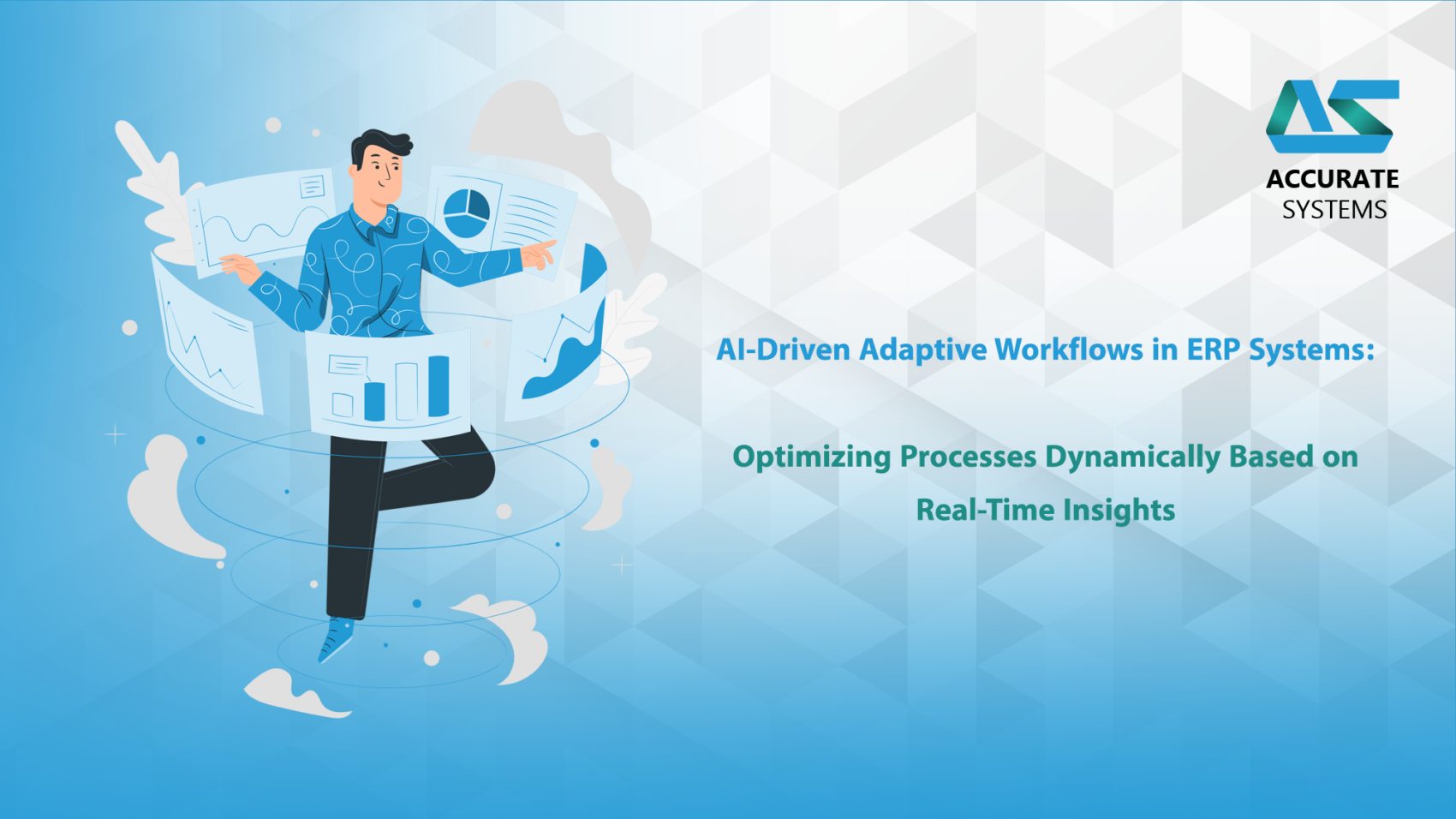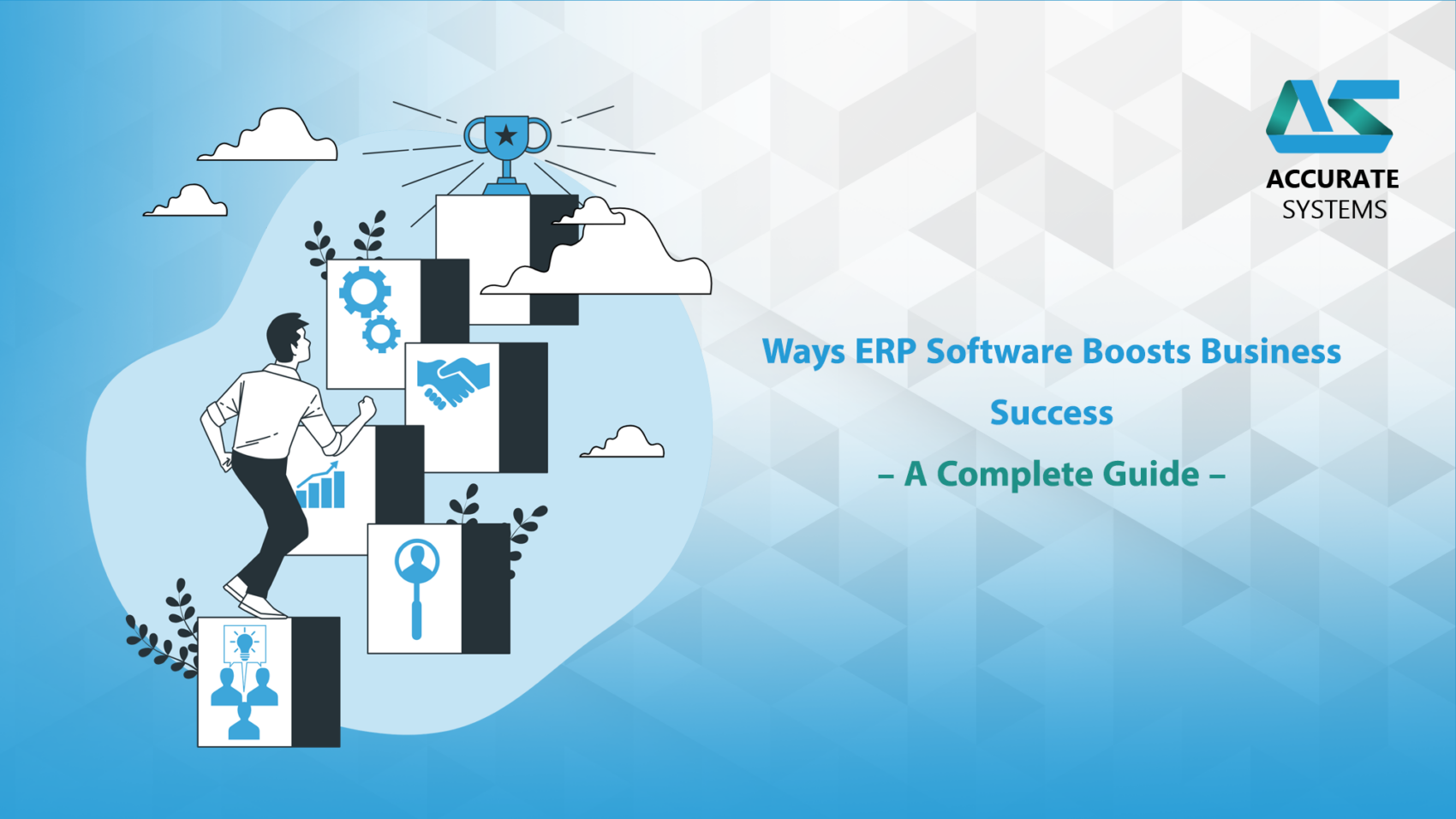Introduction
Businesses today need agility and efficiency to stay competitive. Traditional ERP systems provide structured workflows but lack real-time adaptability. AI-driven adaptive workflows revolutionize ERP by leveraging artificial intelligence (AI), automation, and real-time data to optimize business operations dynamically. This article explores how AI-powered ERP workflows enhance efficiency, improve decision-making, and drive digital transformation.
What Are AI-Driven Adaptive Workflows in ERP?
AI-driven adaptive workflows in Enterprise Resource Planning (ERP) systems are intelligent, self-learning processes that adjust dynamically based on real-time data, user behavior, and business needs. Unlike static workflows, AI-powered ERP automation optimizes processes using machine learning (ML), predictive analytics, and intelligent decision-making.
Key Features of AI-Driven ERP Workflows
- Real-Time Data Processing & Analytics
- AI-powered ERP systems analyze data from multiple sources (IoT, CRM, financial records, supply chain, etc.).
- Real-time insights enable proactive decision-making and faster response times.
- Machine Learning & Predictive Analytics
- AI-driven ERP continuously learns from past data to optimize workflow efficiency.
- Predictive analytics forecast demand, prevent disruptions, and reduce costs.
- Dynamic Process Automation
- AI automates ERP workflows, reducing manual tasks in finance, HR, procurement, and inventory management.
- Adaptive triggers allow instant workflow changes based on real-time data.
- Decision Intelligence & Prescriptive Insights
- AI-powered ERP systems provide actionable insights and data-driven recommendations.
- Prescriptive analytics optimize resource allocation, financial planning, and supply chain efficiency.
- Seamless ERP Integration
- AI-driven workflows integrate with finance, HR, CRM, inventory, and compliance modules.
- Cloud-based ERP automation ensures scalability and connectivity across departments.
Benefits of AI-Driven Adaptive Workflows in ERP Systems
- Increased Productivity & Efficiency
- AI reduces manual effort, automating repetitive tasks in ERP workflows.
- Eliminates human errors, streamlining operations for better efficiency.
- Real-Time Decision-Making
- AI-driven ERP enhances data visibility and enables proactive business decisions.
- Businesses react quickly to market trends, supply chain fluctuations, and customer demands.
- Improved Customer & Vendor Experience
- AI-driven CRM integration ensures personalized customer interactions.
- Smart ERP workflows optimize order processing, inventory updates, and supplier collaboration.
- Cost Savings & Resource Optimization
- AI-powered ERP minimizes waste, overstocking, and financial risks.
- Predictive analytics improve budgeting, forecasting, and financial planning.
- Scalability & Business Growth
- AI-optimized ERP systems adapt seamlessly to business expansion.
- Cloud ERP automation ensures smooth operations across multiple locations.
Industry Use Cases for AI-Driven ERP Workflows
✅ Manufacturing: AI-driven ERP automates inventory control, predictive maintenance, and production planning.
✅ Retail & E-Commerce: AI-powered ERP manages real-time inventory, personalized customer recommendations, and automated order fulfillment.
✅ Finance & Accounting: AI-enhanced ERP automates invoicing, fraud detection, and risk analysis.
✅ Healthcare: AI-driven ERP streamlines patient management, compliance reporting, and medical inventory tracking.
✅ Logistics & Supply Chain: AI-powered ERP automates route planning, demand forecasting, and warehouse operations.
Challenges & Considerations
While AI-driven ERP workflows offer many advantages, businesses must address:
- Data Security & Compliance: Ensure AI-powered ERP solutions comply with GDPR, ZATCA, and other regulations.
- System Integration Complexity: Align AI with existing ERP platforms for seamless workflow automation.
- Change Management: Train employees on AI-based ERP enhancements for smooth adoption.
Conclusion
AI-driven adaptive workflows are transforming ERP systems, enabling real-time automation, intelligent decision-making, and predictive analytics. Organizations adopting AI-powered ERP gain a competitive advantage in efficiency, cost reduction, and digital transformation. As AI technology evolves, adaptive ERP workflows will continue to drive business growth and innovation.
🚀 Ready to optimize your ERP with AI-driven workflows? Let’s make your business smarter and more efficient today!


